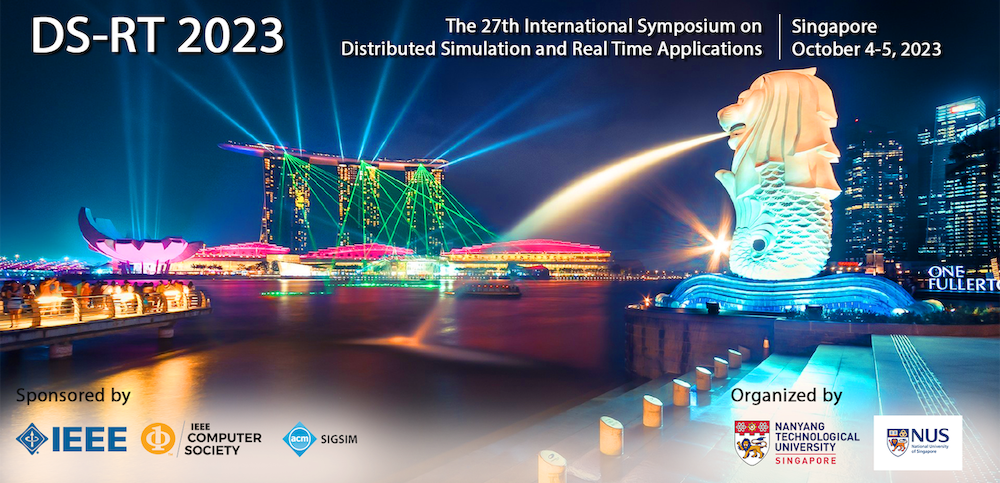 Prof. Chew Ek Peng,
Prof. Chew Ek Peng, National University of Singapore,
Singapore
Title: Smart Digital Twins for Logistics Systems
Abstract
A digital twin is digital replica of a physical system, and it has the ability to assist in the designing, planning and operations of the physical system. It connects to the physical system through the internet of things or information systems where data can be transmitted between them. Digital twins have been applied to various industries such as supply chain, manufacturing, healthcare, real estate and aerospace and has been gaining traction. Recently, Global Data estimated the digital twin market size was valued at $17.5 billion in 2023 and is forecasted to grow at a CAGR of 36.3% from 2022 to 2030. With the dramatic increase in the adoption of internet of things, the advancement of Artificial Intelligence and Machine learning algorithms, the leveraging of cloud-based technologies and improved security through blockchain technologies, they provide conducive opportunities for development and growth of smart digital twins. Smart digital twins are not only able to provide good decision making for offline scenarios, but also on online decision making. This talk will focus on the concept of smart digital twins in logistics systems.
Bio
CHEW Ek Peng received his Ph.D. in Industrial Engineering from the Georgia Institute of Technology, USA. He is currently Professor in the Department of Industrial Systems Engineering and Management at the National University of Singapore. He also holds positions as the Deputy Head (Undergraduate Studies), Director for the Centre of Excellence in Modeling and Simulation for Next Generation Ports, Co-Director for the Centre for Next Generation Logistics and Deputy Director for Centre of Maritime Studies. He was a Visiting Scholar and a Visiting Professor, respectively, at the Georgia Institute of Technology and University of British Columbia in 2006. His current research areas are in port logistics and maritime transportation, simulation optimization and inventory management. Some of his research works are published in journals such as Transportation Science, Transportation Research Part B, IISE Transactions, European Journal of Operational Research, and Naval Research Logistics. He is serving as Editor-in-Chief of the Asia Pacific Journal of Operational Research, member of the Editorial Board Editors of the Transportation Research Part B, member in the Editorial of Flexible Services and Manufacturing Journal. He has also co-edited a book in “Advances in Maritime Logistics and Supply Chain Systems’, a special issue for OR Spectrum on “IT-based planning and control of seaport container terminals and freight transportation systems” and three special issues for Flexible Services and Manufacturing Journal on “Maritime Container Logistics and Onshore Transportation Systems (Part 1, Part 2 and Part 3)”. He and Dr. Lee Loo Hay has recently led a team of multidisciplinary researchers and experience practitioners to win the Next Generation Container Port Challenge with a grand prize of US$1 mil by proposing a revolutionary double-storey container terminal, called the SINGA port.

